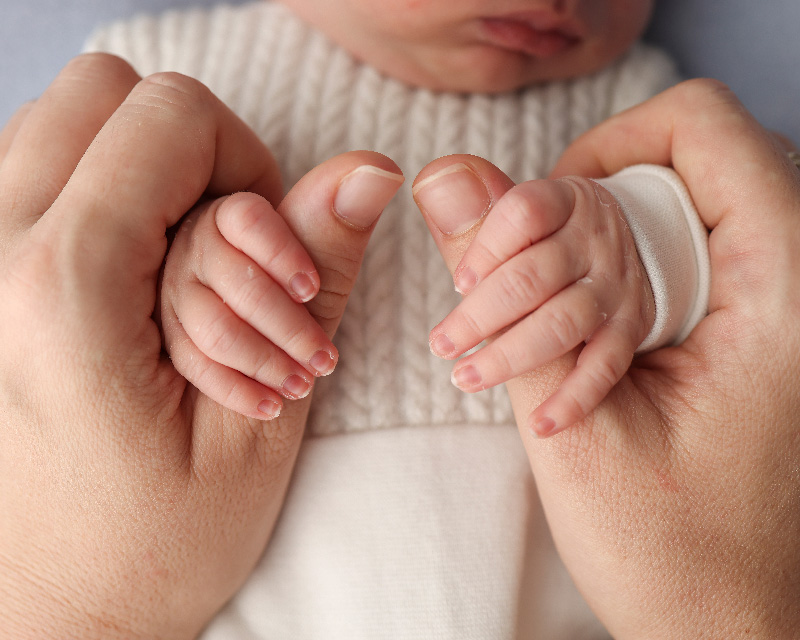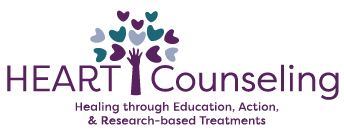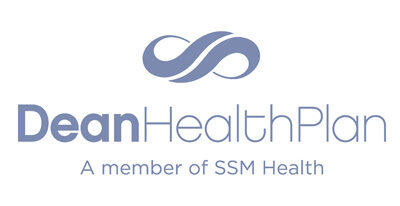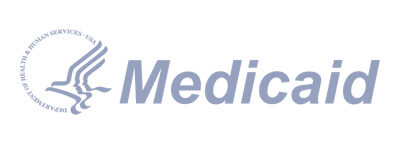Perinatal Mental Health
Have you been trying to get pregnant, but haven’t had any luck yet?
Are you going through IVF or other fertility treatments to get pregnant? We understand how stressful these treatments can be on both your physical and mental health.
Have you experienced a miscarriage or loss?
This can be a time of anticipation, disappointment, sadness, and grief. We would be honored to support you and your mental health as you navigate this road to parenthood.
Miscarriage and perinatal loss are associated with an increased risk of depression, anxiety, and PTSD symptoms.
~ Blue Dot Project

Are you pregnant and expecting a baby (or maybe two!)?
Are you a new parent? That’s a difficult transition whether you are a first-time parent or adding to your family. Or maybe you’re struggling with the decision of whether – or when – to add to your family. We understand and we’re here for you.
Are you noticing a worrying shift in mood during your pregnancy that feels outside of the “ordinary”? Sometimes pregnant people can experience perinatal anxiety and/or depression, which are less well known than their postpartum counterparts.
Did you know…
Have you experienced postpartum depression (PPD) or postpartum anxiety (PPA) after a pregnancy?
Or are you worried that you might experience PPD or PPA after having a baby?
You are not alone. We can support you.
Postpartum Depression (PPD):
- Feeling depressed – sad, empty, hopeless
- Being tearful or crying often
- Difficulty bonding with your baby
- Withdrawing from family and friends
- Loss of appetite or eating much more than usual
- Sleep problems – either difficulty falling or staying asleep or sleeping too much
- Overwhelming tiredness or loss of energy
- Less interest and pleasure in activities you used to enjoy
- Fear that you’re not a good mother
- Feelings of worthlessness, shame, guilt, or inadequacy
- Reduced ability to think clearly, concentrate, or make decisions
- Restlessness or feeling slowed down
- Thoughts of harming yourself or your baby
- Recurring thoughts of death or suicide
Postpartum Anxiety (PPA):
- Excessive worry about your baby that is difficult to control most days
- Feeling that something bad is going to happen
- Racing thoughts
- Difficulty concentrating or your mind going blank
- Intense irritability and anger
- Muscle tension or feeling shaky, trembling, or twitching
- Feeling restless or unable to sit still
- Feeling “jumpy” or startling easily
- Sleep problems – difficulty falling or staying asleep or feeling restless when trying to sleep
- Other physical symptoms like dizziness, sweating, nausea, or diarrhea
“Approximately 6% of pregnant women and 10% of postpartum women develop anxiety. Sometimes they experience anxiety alone, and sometimes they experience it in addition to depression.”
~Postpartum Support International
It’s time to seek help if these symptoms…
Birth Trauma
Did you experience a traumatic birth? We are not afraid to hear your story; in fact, we want to hear it and hold it with you. We know that many people who give birth go through traumatic experiences – from difficult pregnancies and diagnoses for the birthing parent, as well as health issues or diagnoses for baby.
Many people say they feel that their autonomy or ability to make choices in their own healthcare is taken away during labor and delivery. Some people find themselves needing to make major medical choices quickly, such as having an emergency c-section. From people who worried that they or their baby would die during childbirth, to your birth plan just not going the way you had planned or hoped it would, we get it.
We have experience treating birth trauma and other types of trauma and PTSD. You can heal from the traumatic birth with tailored trauma treatments, such as EMDR. Whether you are planning for another pregnancy after birth trauma or not, we can help.

Birth Partners

All of this is also stressful for partners as well. Maybe you are not the person who gave birth or is going to give birth, but you witnessed your partner go through this. You’ve tried to be a support for your partner, but you have feelings about what happened as well. You matter too. We can be a place for you to process your thoughts and feelings about a traumatic birth or becoming a parent.
We also offer couple’s counseling for the couple that needs to work together to heal before or after baby.
You deserve help and support during this time of transition. We are passionate about perinatal health and working with parents at all stages. Let us support you where you are on your journey with parenthood.




